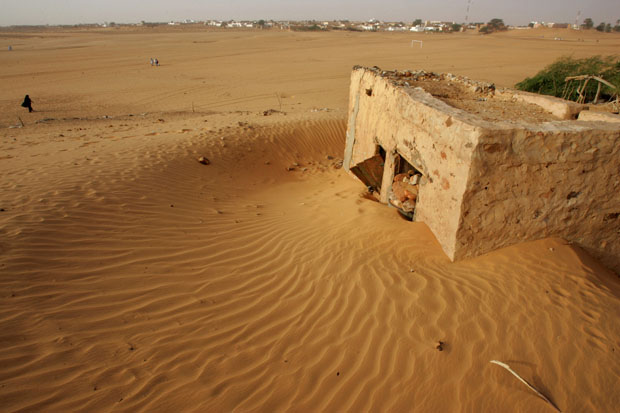Report: Private contractors conducting U.S. surveillance missions in Africa
By Eilee Heikenen-Weiss

Report: Private contractors conducting U.S. surveillance missions in Africa
By Eilee Heikenen-Weiss
As concerns over Al Qaeda involvement in Africa have grown, the U.S. military has contracted private companies to run surveillance missions in some areas. That’s according to a recent report by the Washington Post’s Craig Whitlock:
At the heart of the surveillance operations are small, unarmed turboprop aircraft disguised as private planes. Equipped with hidden sensors that can record full-motion video, track infrared heat patterns, and vacuum up radio and cellphone signals, the planes refuel on isolated airstrips favored by African bush pilots, extending their effective flight range by thousands of miles… .
… .The results of the American surveillance missions are shrouded in secrecy. Although the U.S. military has launched airstrikes and raids in Somalia, commanders said that in other places, they generally limit their involvement to sharing intelligence with allied African forces so they can attack terrorist camps on their own territory.
Contractors may be less likely to draw attention to themselves by using unmarked planes and plain clothes, but contracting surveillance missions comes with its own set of risks, acccording to Whitlock:
Some State Department officials have expressed reservations about the militarization of U.S. foreign policy on the continent. They have argued that most terrorist cells in Africa are pursuing local aims, not global ones, and do not present a direct threat to the United States.
Tuesday on Worldview, Whitlock explains what role contractors are playing in surveillance operations and why it matters.